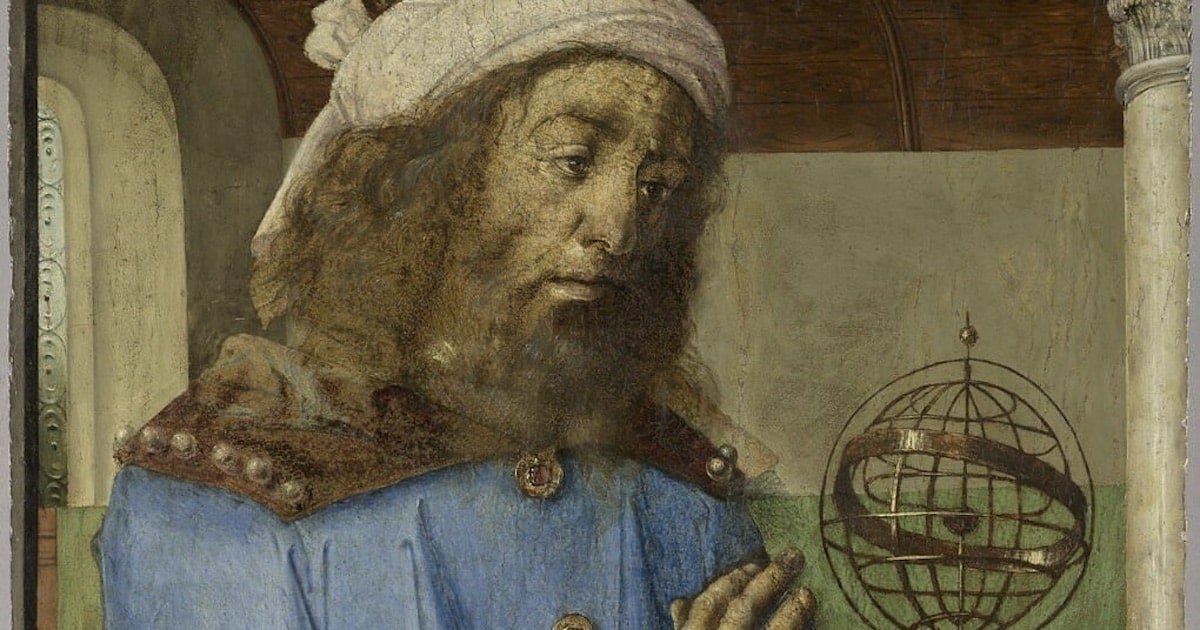 Faith & Science
Faith & Science
 Physics, Earth & Space
Physics, Earth & Space
Let’s Explore How Cosmology Influenced Christianity

Many centuries prior to the rise of modern science, the philosophers of antiquity recognized the inherent rationality of the natural world. Presocratic thinkers, such as the Pythagoreans, were convinced that mathematics was somehow the essence of the material world. Just a few generations later, Plato articulated his famous philosophy of Forms — the immaterial rational patterns that, he believed, informed the Craftsman’s design of the sensible realm.
These ancient thinkers were captivated by the cyclical movements of celestial bodies and developed cosmologies that reflected both naked-eye observations and philosophical (and mystical) ideas about the deeper mathematical structure of things. Plato’s pupil, Aristotle, outlined a scheme that involved nested, rotating transparent spheres in which the moon, sun, and visible planets were embedded. Later, Claudius Ptolemy developed a complex mathematical model that retained Aristote’s geocentrism and perfectly circular orbits while better accounting for observational data.
What does all of this have to do with science and Christianity? Quite a lot, actually! In the first few weeks of my upcoming course, Science and Christianity I: A Historical Exploration, we will see how Aristotelian-Ptolemaic cosmology influenced ancient and medieval Christian thought and eventually led to high-profile ecclesial tension during the early years of the scientific revolution.
Stay tuned for more sneak peeks! In the meantime, you can see the course schedule and textbook list at DiscoveryU.
